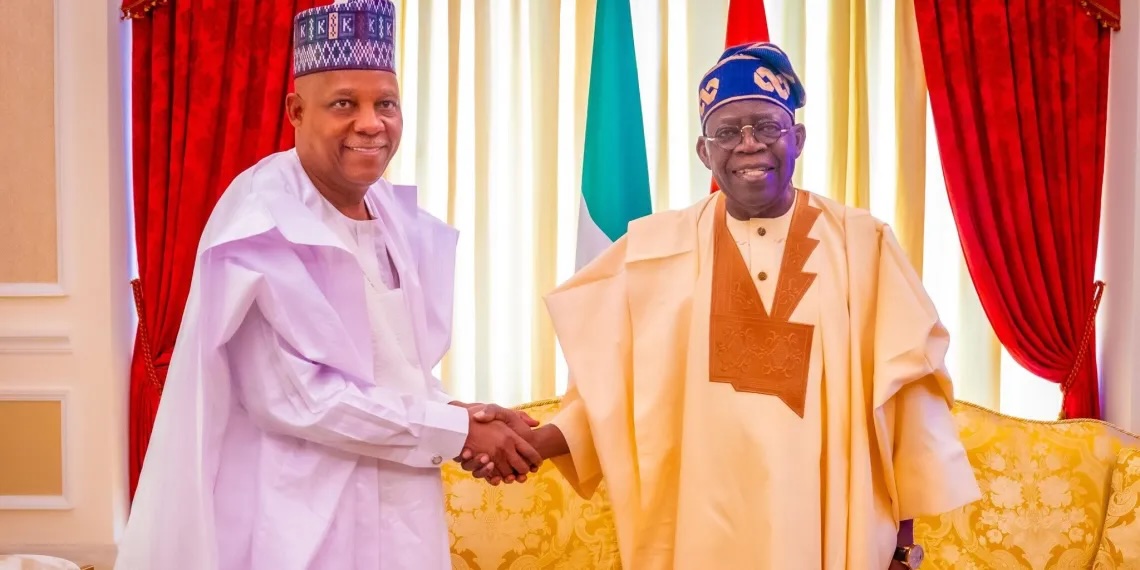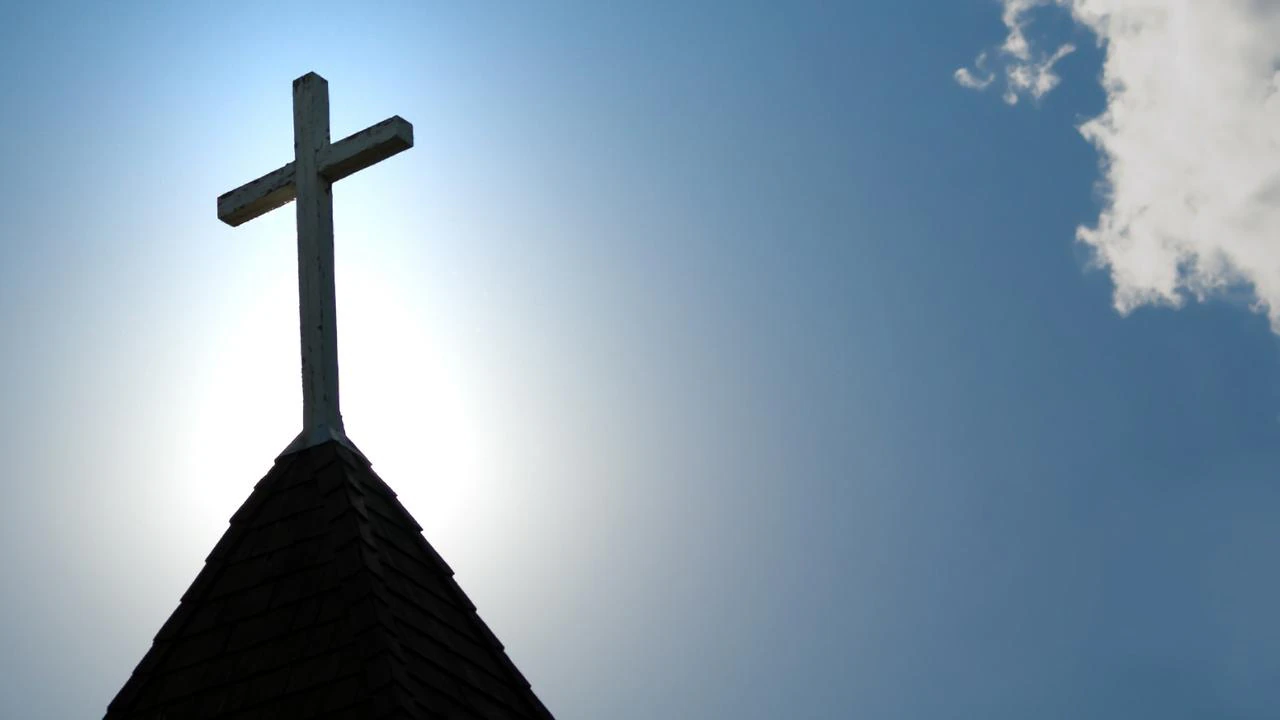We first met in 1971 and through him some other members of the intellectual elite of his generation. A group, in saner societies, that would have been the nucleus of the best and the brightest. They embodied the values of public service as a call to duty. They were the younger elements of the Premier’s office crowd. I have maintained an enduring, affectionate and honourable association with some of them.
After my secondary education at St. Paul’s College, Wusasa Zaria, Dr. Ibrahim Tahir and Mal. Mamman Daura advised that I consider joining the army. That effort took three years and was taking a political dimension. When I decided to continue with my formal education, it was already September 1974. I applied to the then Cambridge Tech for my A levels, just as the session was about to begin. It was of course late. Mal. Mamman advised that I inform Dr. Tahir, who was back in Cambridge writing his doctoral thesis. I did and within a couple days, he had obtained my admission! That opened the door for my intellectual development and went on to obtain a Bachelor’s degree in Sociology and Economic History at Warwick and Bachelor’s and Master’s degrees from Cambridge.
Today, I am happily married to Kulu, my adorable wife with four beautiful children. Who is my wife? She is Dr. Tahir’s sister-in-law. I met her in his house. It was through him and because of him that I got married. It was she who broke the news of his death to me. I was with Mal. Mamman Daura. One of our sons, Ibrahim, was named after him. With his death, the world of scholarship has also lost a formidable mind. Eulogies of him have variously described him as Northern intellectual star and great Nigerian scholar. That is to diminish him. He was genius personified. As Thomas Macaulay would have put it; ‘He has great industry and great acuteness. His knowledge is extensive, various and profound. His mind is equally distinguished by the amplitude of its grasp’.
If he had remained in academic life and stayed at Cambridge, he would have been counted among the great minds of the greatest seats of learning in the world. At King’s, one of the oldest, most fashionable and liberal of the Cambridge Colleges, Dr. Tahir was held in high intellectual regard. He had no inhibitions. He was self assured and exuded confidence. In his undergraduate days in the early 60s, he was very much part of the intellectual, social and cultural set of the upper echelon of the British society. He lived the swinging 60s. Dele Cole and Ashikiwe Egom will bear a better testimony.
He had absolute mastery of Hausa, Arabic and English languages. He wrote and spoke classical Arabic and English with such ease and freedom as if they were his mother tongue. His knowledge of Arabic extends to the mastery of the Holy Qur’an and Hadith. When my father died 10 years ago, he spent 45 minutes praying. When he finished, the people of Borno, who pride themselves as the first recipients of Islam, conceded that all the local Islamic scholars combined would not match his learning and knowledge.
A great conversationalist with a roaring laughter, he will keep any audience spellbound. Unlike other public intellectuals who agitate minds, Dr. Tahir engaged and fertilized minds.
He was a social democrat, a true believer of a welfare state. He had a naturally generous and feeling heart. He lived for others. He troubled himself very little about material things. His aversion to the tyranny of wealth and material possession was pushed to a whimsical length. He went to his grave without a house or bank account. As a student at Cambridge he had to have an account. But he never went to the Bank to cash a cheque. Whenever he needed cash, which was never much, he would simply walk into any stall in the Cambridge City market and demand any of the traders to give him cash in exchange for his cheque. They always obliged. He embodied both Town and Gown.
His social status did not exclude him from the wider society. He was an open personality, at home with the high and the low; the rich and the poor; the aristocrats and the palace courtiers; the old and the young. He was also a cultural conservative. His formidable wife, Yelwa, with Bachelors and Masters degrees from Ahmadu Bello University was never allowed to work. He had no time for women liberals. As a member of the Constitution Drafting Committee of 1976; he spoke vehemently and eloquently against a provision that children born out of wedlock should inherit their parents. The tyranny of the majority went against him. This was how the late Chief FRA Williams, the Chairman announced the result: the bastards have it, as Ibrahim Tahir would say! Little did he know that the Nigeria of his dream will degenerate to a bastardised democracy. Baba Talba, we all miss you. But we will never forget you.






